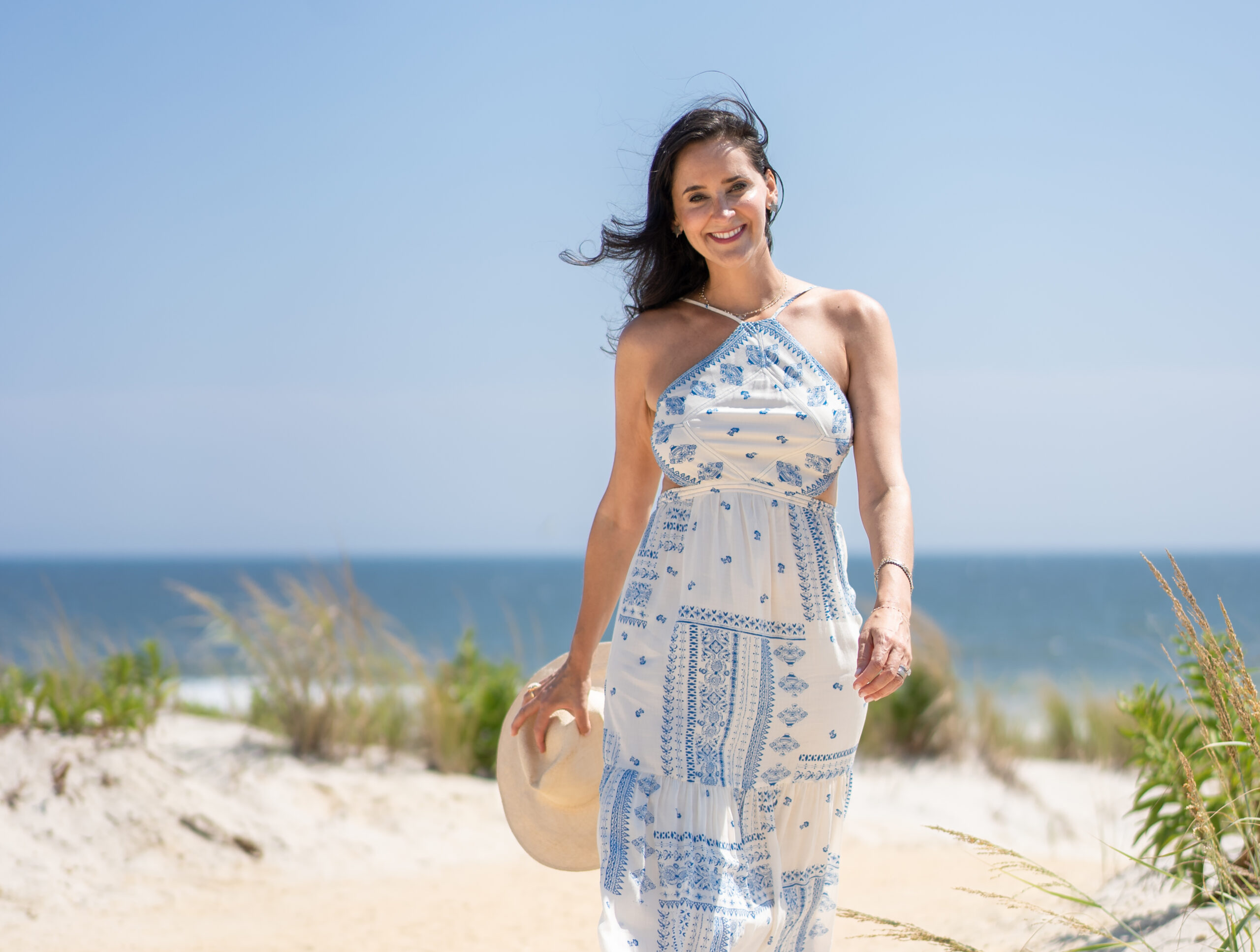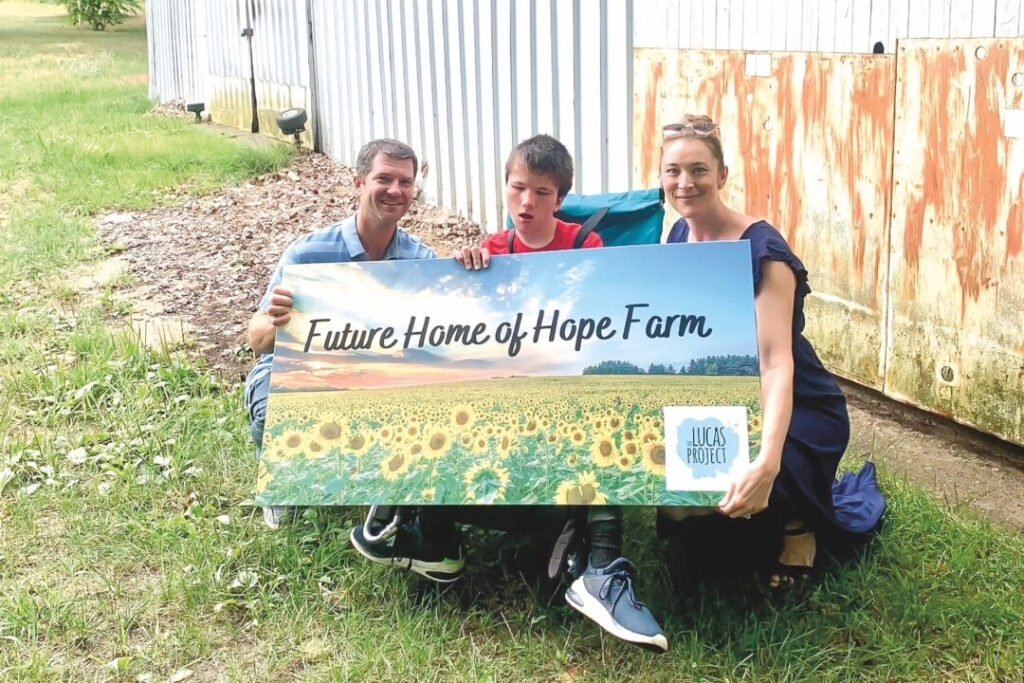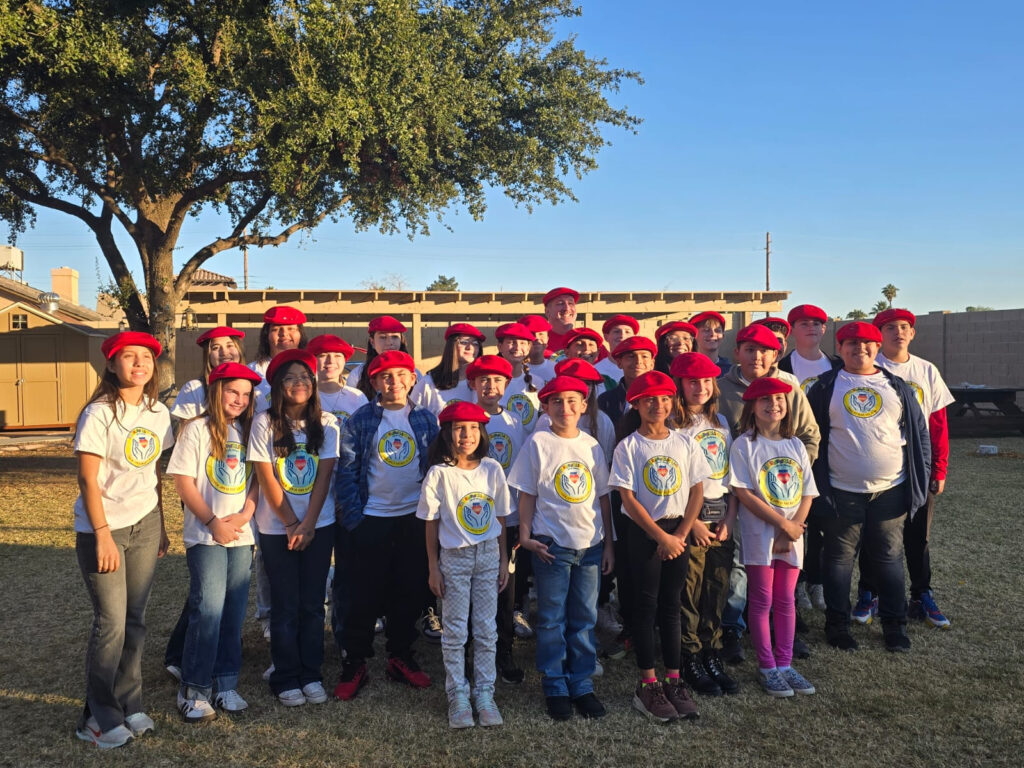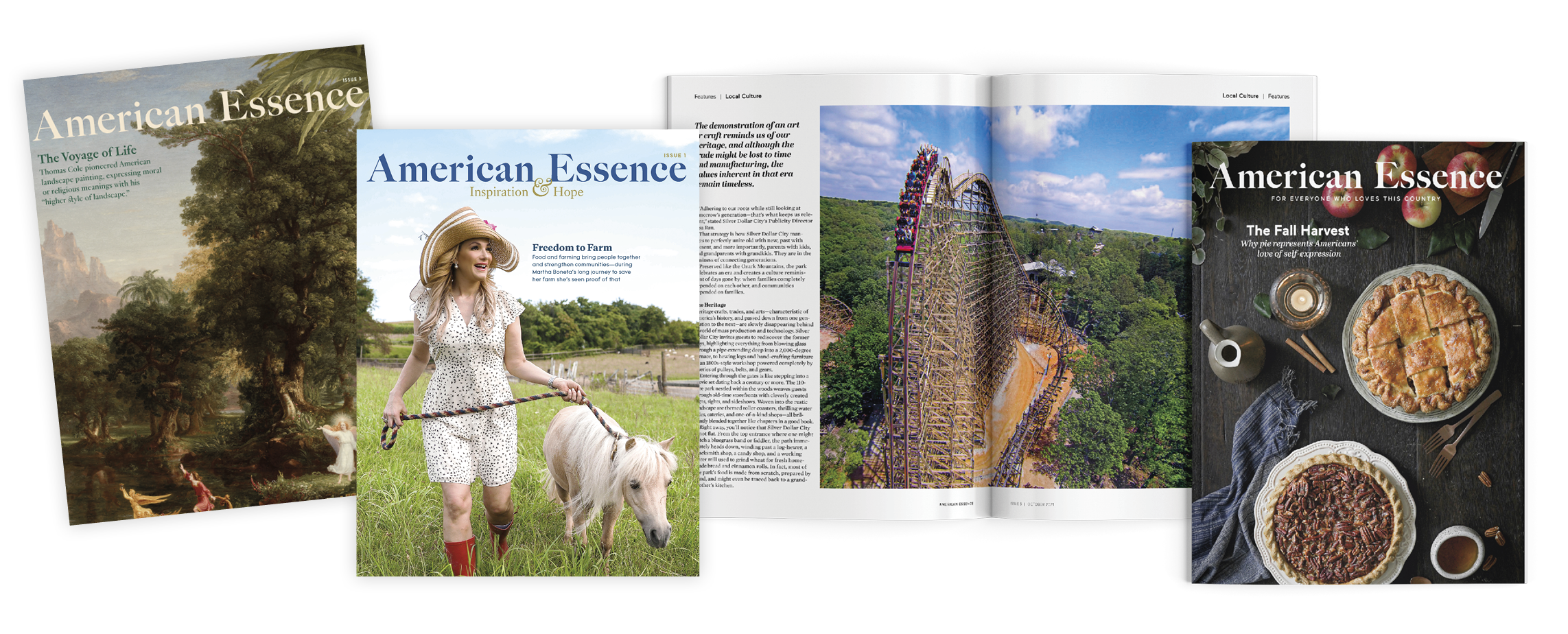For Christine Dunst, co-founder and CEO of Embody Wellness Company, “the word ‘transformation’ always resonated deeply when thinking of how I wanted to serve this world,” she said. It had to begin with her own.
In her mid-20s and -30s, working 70-hour work weeks to climb the corporate ladder in the New York healthcare world—while living on processed veggie burgers, diet coke, and restaurant food—left her diagnosed with several stress-related illnesses. At 33, she had two miscarriages that “shook me to the core,” she said. “I knew I needed to fundamentally change my lifestyle, manage my stress and diet, and look deep inside.” Watching her sister fight and lose a heartbreaking battle with an eating disorder strengthened her resolve.
She became a certified integrative holistic wellness coach, and now draws upon her experience to help others—both individuals and corporate clients, which have included Google and Morgan Stanley.
“This matters on a soul level to me,” Dunst said. “It’s more than a job. Serving others is what makes me feel alive.” She spoke to American Essence about her own wellness practices, her work helping others, and the life-changing power of tiny habits.
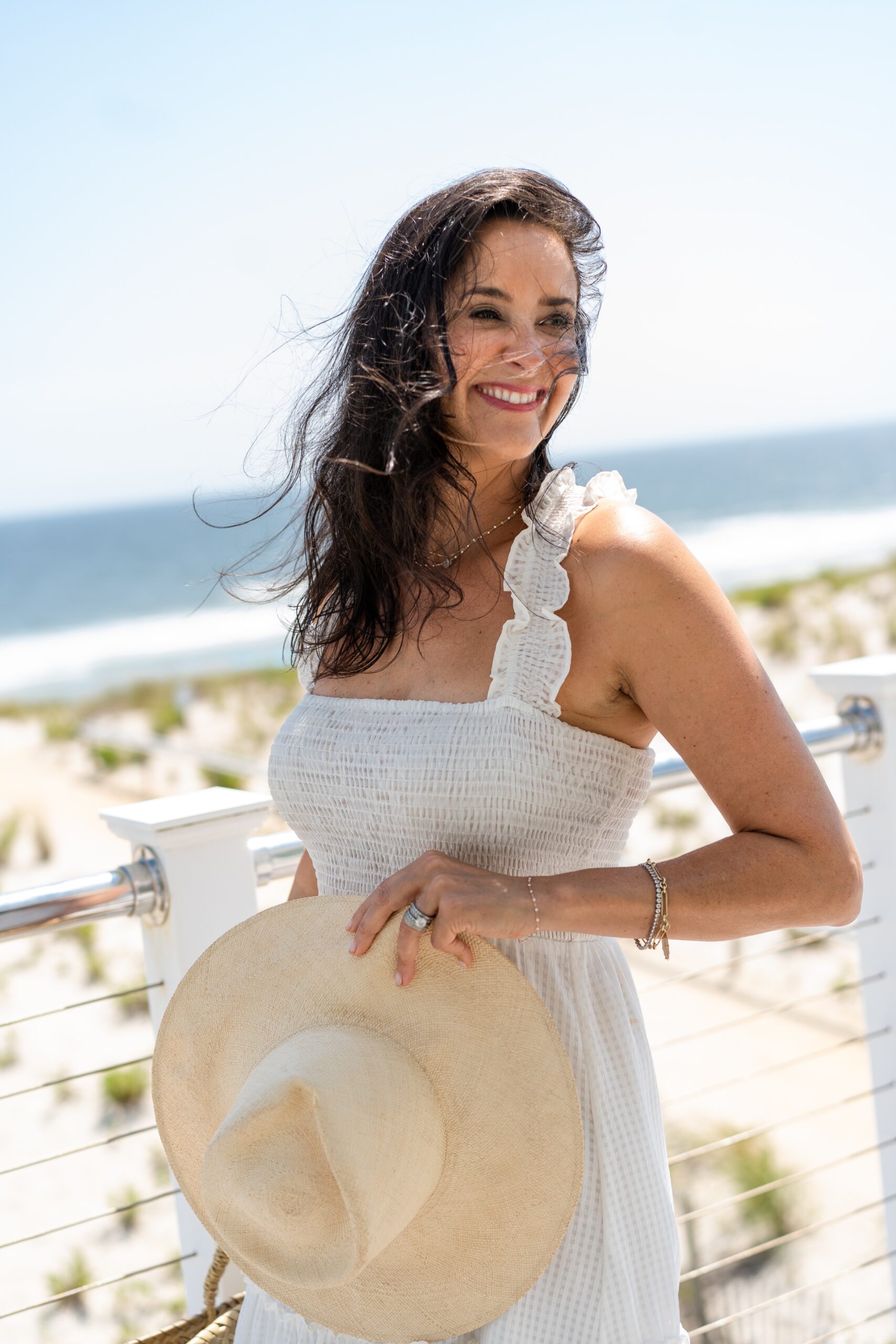
American Essence: How do you start and end each day?
Christine Dunst: I wake up at 6:30 daily. I do a hand-on-heart, 12-minute, deep-belly breathing gratitude meditation before I even get out of bed. Then I say my mantra and think about how I want to show up to the world today. Mindset is key. I follow all that with hot water and lemon to alkalize my body and stoke my metabolism, and then make matcha and ashwagandha for antioxidants and de-stressing goodness.
My non-negotiable nightly practice is a Dr. Joe Dispenza meditation for 20 minutes in my daughter or son’s bed as they fall asleep. My kids now ask me (and their father, who practices Falun Gong meditation) to meditate with them nightly. It’s special.
My daily rituals help destress my nervous system and tone my vagus nerve. Small habits, like gifting yourself the time for self-care rituals, done with consistency, can have a profound impact on your life.
AE: What do you typically eat in a day?
Mrs. Dunst: I cultivate and trust my intuition, so my body tells me what I need to feel good. I eat real, whole food and limit processed junk, sugar, and gluten. I also believe in eating organic and local and limiting exposure to toxins.
I’ve been plant-based for 20-plus years, but now eat wild-caught fish and grass-fed organic meat on occasion. I often incorporate gut-healing foods like fermented vegetables, celery juice, bone broth, collagen, prebiotics like garlic and onions, as well as digestive enzymes and probiotic supplements. I also load up on antioxidants, anti-inflammatory foods like ginger and turmeric, and healthy fats like nuts and seeds, EVOO, and wild salmon. I can’t forget adaptogens; they have been a lifesaver for me. Stress wreaks havoc on the body and adaptogens help keep me balanced. I add them to my matcha, tea, or smoothies.
I try to practice mindful eating daily, slowing down and actually chewing food—it matters! It improves digestion and helps you absorb nutrients more effectively. I’m really trying to curb my habit of eating while standing up. Never perfect, always growing.
AE: What are the most common issues you see your clients dealing with?
Mrs. Dunst: We see many clients who have gut issues—constipation, bloating, weight gain, and feeling lethargic, irritable, and anxious—and may not relate these symptoms to their gut. Eighty percent of immunity resides in your gut; it truly is like a second brain.
Habits we see include beating themselves up, guilt, self-sabotage, and overall speaking unkindly to themselves. We are constantly working on mindset re-writing. Working with clients to celebrate their successes and challenges is positive psychology, which starts to shift their perception of themselves, and teaches them to celebrate themselves in their thoughts and actions. Changing our thoughts impacts our current and future reality.
AE: What’s your advice for someone who isn’t sure how to start on his or her own self-improvement path?
Mrs. Dunst: Start identifying why you want to improve; then, define what you want to improve. During our first session with a client, we always help them create their exact goals and success metrics. Having this in writing is powerful. We have them print and say their goals every day so that they are their guiding force in all the decisions they make.
Pick one or two micro-habits you can commit to, and start there. Maybe it’s drinking half your body weight in ounces of water a day. Great! Commit to this for 14 or 30 days. Then layer on additional habits.
De-stress your nervous system daily—examples include deep-belly breathing or a gratitude practice—even if you start at 1 to 2 minutes. Move daily, even if it’s a 10-minute walk. Small habits, done with consistency, can have a profound impact.
AE: What has been your biggest life lesson over your years as a wellness coach?
Mrs. Dunst: Letting go. Especially after illnesses, a car accident resulting in a TBI and neck injury 6 years ago, and losing my father and sister within months of each other, I have a deep faith in something bigger than myself guiding us all.
Interview has been edited for clarity and brevity.
From January Issue, Volume 3

